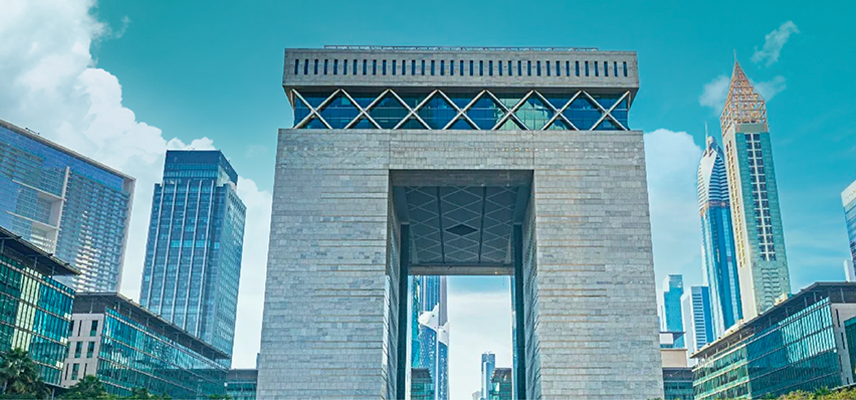
How Much Does It Cost to Set Up a Holding Company in the DIFC?
25 May 2023
Ajmal Khan
Setting
up a holding company in the DIFC can provide numerous benefits for investors
seeking efficient asset and investment management. With a strong investor
ecosystem and significant family wealth in the GCC region, establishing a
robust corporate structure is essential. A holding company consolidates
investments, such as shares in other companies or properties, under one entity
for easier management and reporting. While holding companies primarily focus on
managing existing assets, they may not engage in trade or services. The DIFC,
known as a leading financial hub for business, fintech, and lifestyle, offers
an advantageous environment for holding companies.
DIFC
holding companies have the flexibility to hold assets within the UAE, the GCC,
or globally, including real estate and shares in other companies.
Several
reasons make setting up a holding company in the DIFC appealing:
Regulatory Framework: The DIFC provides a legal framework
that supports cross-border activities and allows for 100% foreign ownership.
There are no restrictions on capital repatriation, and foreign individuals can
be employed without limitations.
Tax Advantages: Holding companies in the DIFC enjoy
tax benefits such as zero tax on profits, capital, or assets for 50 years. Personal
income is also exempt from taxes.
Regulatory Confidence:
The DIFC has a highly regarded, independent regulator and operates with an
independent, English-speaking, common-law judicial system. It follows a
risk-based regulatory approach separate from the UAE civil courts.
Ecosystem: The DIFC houses a concentration of
international financial institutions and plays a prominent role in deal-making
within the region. It offers world-class professional services and serves as
the leading fund domicile in the area.
Strategic Location: The DIFC's strategic location allows
GCC management offices, holding companies, and family offices to be closer to
the assets they own or manage. The UAE's central role in global trade between
Asia, Africa, and the West positions it well to leverage emerging market
potential.
Registrar of Companies (DIFC ROC): The ROC assists in establishing the
legal structure of the DIFC holding company, typically a Private Company
Limited by Shares.
The
costs are as follows:
Application
for reserving a name (2 working days): US$ 800
Application
for Incorporation of a Private Company Limited by Shares (5 working days): US$
8,000
Commercial
License on Incorporation (5 working days): US$ 12,000 (annual fee)
Data Protection: Registering a new entity in the DIFC
requires a data protection notification.
The
costs are as follows:
•
Registration: US$ 500
•
Annual renewal: US$ 250
•
Office Spaces: Every DIFC-registered entity must lease a physical office. The
prices vary depending on the space and building chosen. Here are some
indicative rates:
• DIFC
Business Centre – starting from a one-desk office at US$ 27,000
• DIFC
Fitted Offices – starting from US$ 55 per square foot
• Other
buildings – starting from US$ 32,000 per annum
•
Visas: The number of visas you can apply for depends on your business type and
the size of the leased premises. The visa costs are as follows:
•
Establishment Card Application: US$ 630
• PSA
Deposit: US$ 682
• Visas
(per visa): starting from US$ 1,500
• PSA Deposit (per visa): US$ 682
Establishing
a holding company in the DIFC incurs various costs, but the advantages and
opportunities provided by the DIFC's robust framework and financial ecosystem
make it an attractive option for investors seeking effective asset
consolidation and management.
Latest News



05/23/2025
Gandhi AlMinaj

05/18/2025
Mustafa Salaheldin Eltahir






